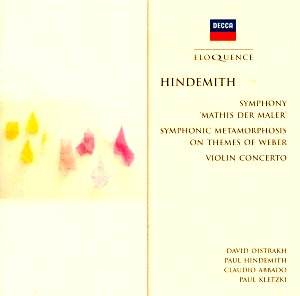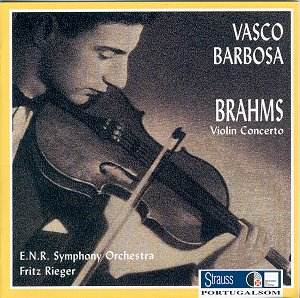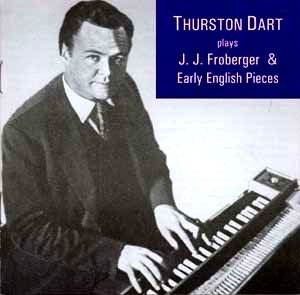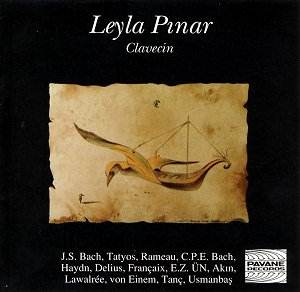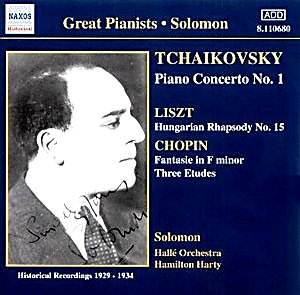 Composer: Pyotr Ilyich Tchaikovsky
Composer: Pyotr Ilyich Tchaikovsky
Works: Piano Concerto; Franz Liszt: Etude in F minor, La leggierezza, Au bord d’une source, Hungarian Rhapsody No. 15, Rakoczy March; Frederic Chopin: Polonaise No. 3 Op. 40 No. 1, Military Polonaise in A Flat major Op. 53, Heroic Fantasie Op. 49, Etude Op. 25 No. 3, Etude Op. 10 No. 8, Etude Op. 25 No. 1
Performers: Solomon, piano; Halle Orchestra; Hamilton Harty, conductor
Recording: 1929-1932
Label: NAXOS HISTORICAL 8.110680
The legacy of Tchaikovsky’s Piano Concerto, with its emotional breadth and virtuosic demands, has captivated audiences since its inception. This recording, featuring the esteemed Solomon with the Halle Orchestra under Hamilton Harty, offers a window into the early 20th century interpretation of this cornerstone repertoire. Solomon, approaching his peak in artistry, imbues the performance with a unique blend of elegance and restraint, setting it apart from the more bombastic renditions that often characterize the work.
Solomon’s approach to the Tchaikovsky is marked by a notable fidelity to the score, prioritizing clarity and line over sheer power. The opening movement unfolds with a poised simplicity, where Solomon’s touch on the piano strikes a balance between lyricism and dynamism. His interpretation eschews excessive rubato, allowing the music’s inherent drama to emerge organically. The Halle Orchestra, with its rich string sound and distinctive woodwind timbres, complements Solomon’s vision, particularly in the lush orchestral interludes that frame the piano’s statements. Harty’s direction ensures a cohesive blend, although the orchestra’s sound, at times, appears less polished than that of its continental counterparts, revealing a certain rawness that adds character to the performance.
In the subsequent works by Liszt and Chopin, Solomon’s artistry continues to shine. The Etude in F minor, La leggierezza, showcases his technical prowess—delicate yet powerful, he navigates the treble runs with an ease that belies the etude’s challenges. The Hungarian Rhapsody No. 15 is a standout, where Solomon’s rhythmic vigor and dynamic contrast elevate the work into a theatrical display without succumbing to mere flamboyance. His handling of the Rakoczy March is especially noteworthy; the tempo is judiciously chosen, allowing the playful character of the piece to resonate while maintaining structural integrity.
The Chopin selections reveal Solomon’s deep understanding of the composer’s idiom. The Military Polonaise exhibits a spirited vigor yet retains a noble character, effectively balancing the martial energy with lyrical introspection. His interpretation of the Heroic Fantasie is particularly striking; Solomon’s nuanced touch brings forth the work’s emotional complexity, effectively traversing its contrasting sections with an impressive sense of direction. The A flat major Etude stands out for its lyrical beauty, where Solomon sustains the melody with a singing tone, skillfully drawing attention to the harmonic undercurrents without overshadowing the melodic line.
Sound quality, considering the vintage of the recordings, is commendable. Mark Obert-Thorn’s transfers have managed to mitigate some of the inherent limitations of the original discs, allowing the listener to appreciate the subtleties of Solomon’s performance. While the engineering cannot completely mask the occasional roughness in orchestral blend or the unevenness of the recording, it succeeds in presenting a reliable auditory experience that invites repeated listening.
The juxtaposition of this recording with Solomon’s later works from the 1940s, notably those under HMV, provides an intriguing study in evolution and consistency. While the 1949 Philharmonia traversal may boast greater renown, this Naxos release captures the essence of Solomon’s artistry at a formative moment in his career. Each piece reflects not only the technical mastery expected of a pianist of his caliber but also an emotional intelligence that deepens the listener’s engagement.
Solomon’s performance on this recording serves as a testament to his status as one of the great pianists of the 20th century. This compilation of Tchaikovsky, Liszt, and Chopin reveals a thoughtful musician with a distinctive voice, adept at navigating the complexities of these masterworks with both sensitivity and authority. The Naxos release is a compelling addition to the catalog, offering insights into an artist whose contributions to the piano repertoire are both profound and enduring.
